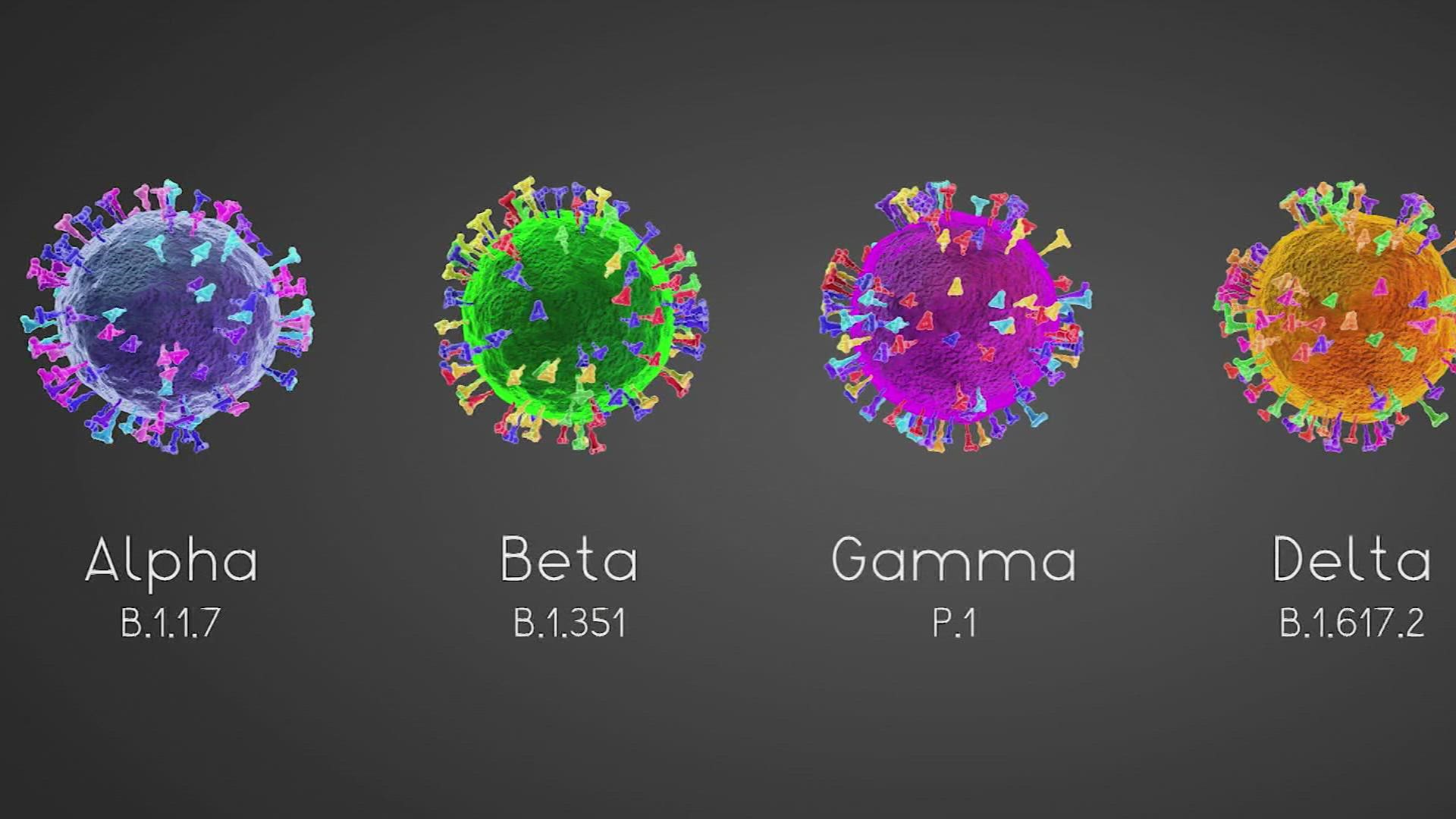The World Health Organization skipped a couple of letters in the Greek alphabet when it named the omicron variant. That fueled all sorts of speculation and claims on social media about why the organization did it. Someone asked the Verify team to find out why some letters were not used.
Shortly after the WHO announced the new COVID-19 variant would be called omicron, people were quick to call them out on social media.
One Tweet reads, “Who skipped the ‘Xi’ variant and will skip ‘Pi’ too.”
Wayne asked the VERIFY team, “How are Covid-19 variants named? Why were some names skipped?”
We have two sources for this: The World Health Organization and Dr. Catherine Troisi, Infectious Diseases Epidemiologist with UTHealth School of Public Health.
The WHO followed the Greek alphabet to the letter when it began labeling COVID-19 variants in May. The organization says it uses the Greek alphabet to make it easier for people to keep track of variants without linking their names to the places where they were first identified.
“It used to be, decades ago, that we would name viruses after where they were first detected. But what happens is, then sometimes there's some stigma associated with that, as we saw early in this pandemic when the virus had a geographic name," said Dr. Troisi. "So, scientists went to naming viruses like B 117. Well, that's a little hard to remember. So, to make it easier and clearer, we went to the Greek alphabet.”
A spokesperson for the WHO tells the Verify team, “Two letters were skipped- Nu and Xi – because Nu is too easily confounded with the word ‘new’ and Xi was not used because it is a common surname.” He added, “The agencies best practices for naming new diseases suggest avoiding ‘causing offense to any culture, social, national, regional, professional or ethnic groups.”
So, we can Verify the WHO intentionally skipped two letters of the Greek alphabet.
Pi is the next letter in the Greek alphabet. The WHO would not say whether it intends to use it. But they did add, there is no plan in place on what to do if they reach the end of the Greek alphabet.

